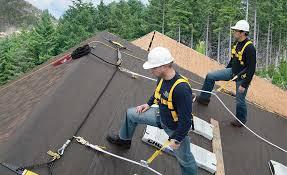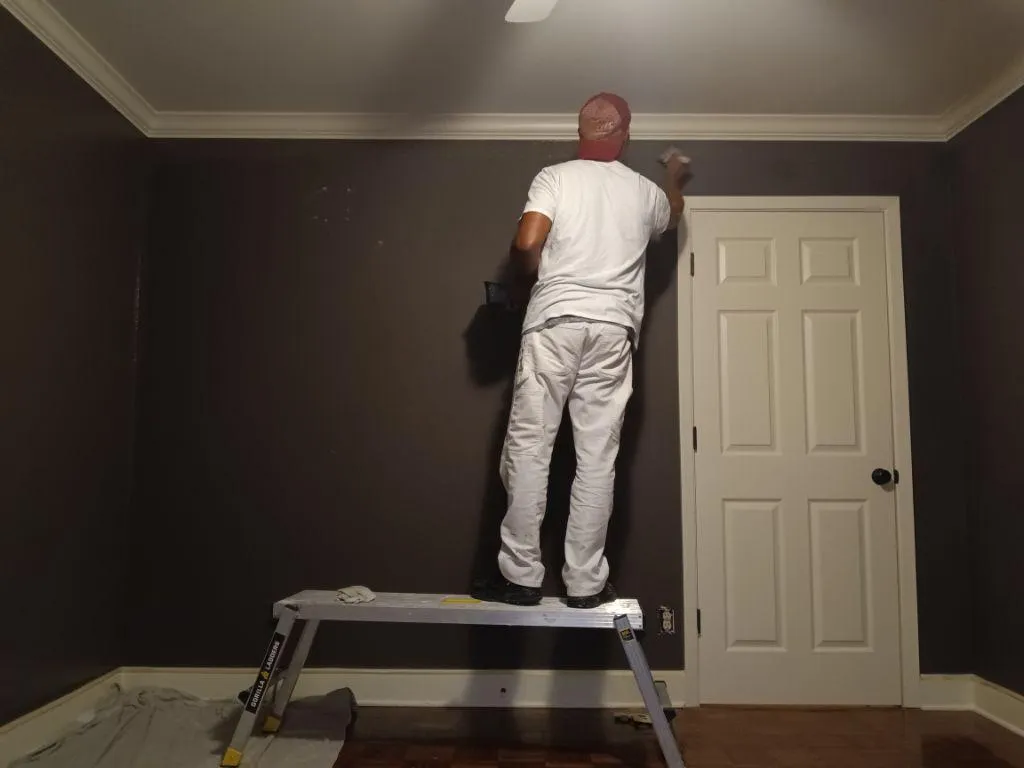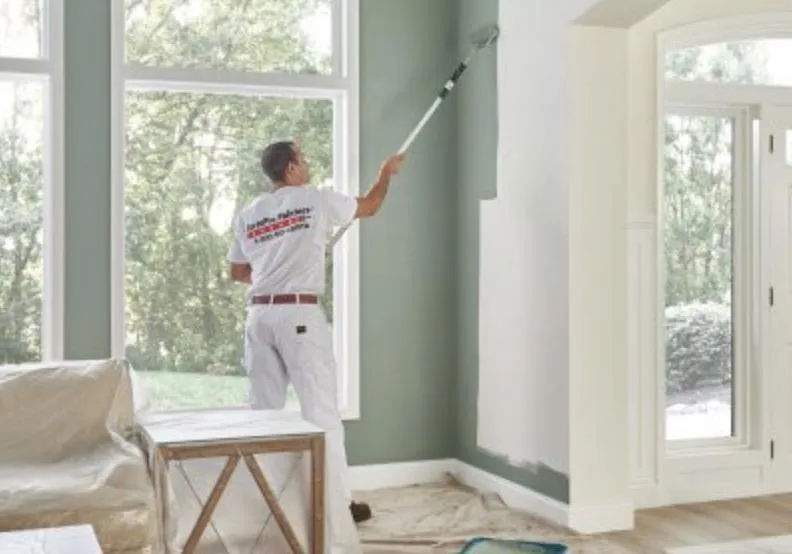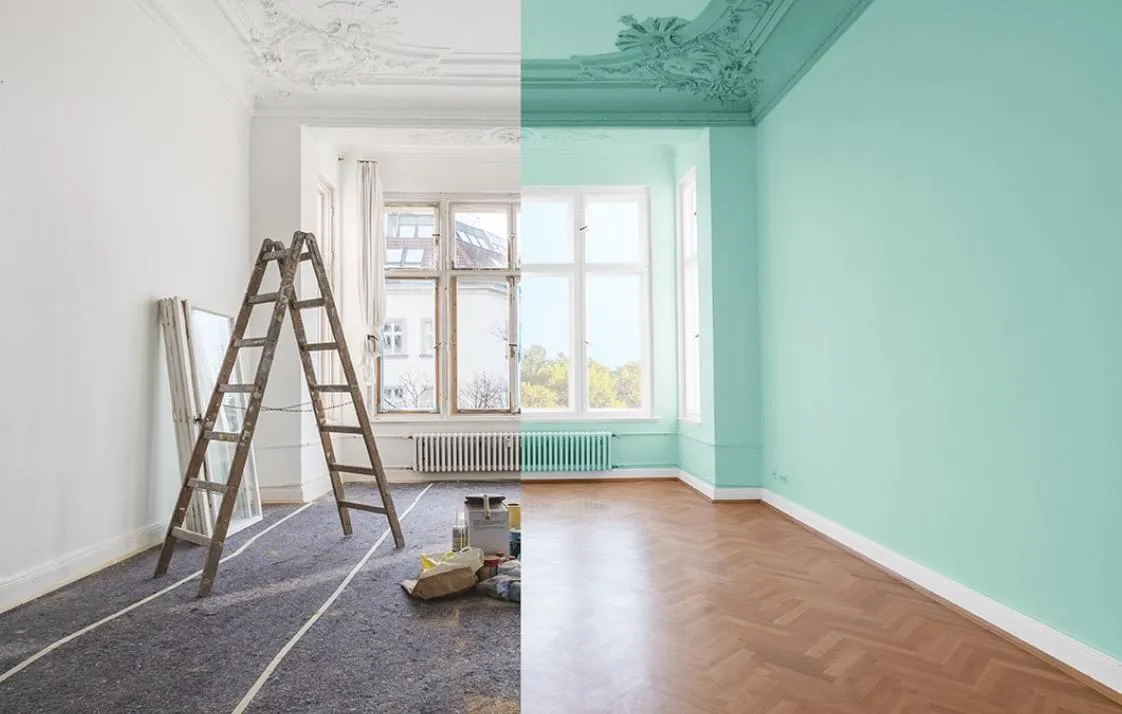Blog > Article Library
Twain Services Articles

Demystifying the Lifespan of a 30-Year Roof: How Long Does it Truly Last?
When it comes to roofing, the term "30-year roof" often implies durability and longevity, offering homeowners a sense of security for decades to come. However, the reality may not always match expectations. Despite the label, the lifespan of a 30-year roof can vary significantly depending on several factors. In this article, we'll explore the truth behind the lifespan of a 30-year roof and provide insights into how long it truly lasts.
Understanding the Label
The term "30-year roof" typically refers to architectural asphalt shingles, one of the most common roofing materials used in residential construction. Manufacturers label these shingles with an estimated lifespan of 30 years, leading homeowners to expect decades of reliable protection for their homes.
The Reality of Lifespan
Contrary to the label, the actual lifespan of a 30-year roof may fall short of expectations. According to industry experts, architectural asphalt shingles typically last around 22 to 25 years on average. While this timeframe is significantly shorter than the advertised 30 years, it's essential to understand the factors influencing the lifespan of roofing materials.
Factors Affecting Lifespan
1. Climate and Weather Conditions
The climate and weather conditions in your region play a significant role in determining the lifespan of your roof. Exposure to extreme temperatures, high winds, heavy rainfall, and UV radiation can accelerate the deterioration of roofing materials, leading to premature aging and wear.
2. Installation Quality
The quality of installation is another crucial factor affecting the lifespan of a roof. Improper installation, such as inadequate ventilation, poor flashing, or improper fastening, can compromise the integrity of the roof and lead to premature failure. It's essential to hire experienced roofing professionals to ensure proper installation and maximize the lifespan of your roof.
3. Maintenance and Care
Regular maintenance and care are essential for prolonging the lifespan of a roof. Routine inspections, gutter cleaning, and prompt repairs of any damage or leaks can prevent minor issues from escalating into costly repairs or premature replacement. Neglecting maintenance can shorten the lifespan of your roof and compromise its performance over time.
4. Material Quality
Not all roofing materials are created equal, and the quality of the materials used can significantly impact the lifespan of your roof. Higher quality architectural asphalt shingles may have a longer lifespan than lower quality alternatives. It's essential to choose reputable manufacturers and select materials that are suited to your climate and environmental conditions.
Realistic Expectations
While the label "30-year roof" may suggest decades of longevity, homeowners should set realistic expectations for the lifespan of their roof. Architectural asphalt shingles typically last around 80 to 85% of their maximum lifespan, translating to approximately 22 to 25 years in practical terms.
Conclusion
In conclusion, the lifespan of a 30-year roof may not always align with the label. While architectural asphalt shingles are marketed with an estimated lifespan of 30 years, the reality is that they typically last around 22 to 25 years on average. Several factors, including climate, installation quality, maintenance, and material quality, can influence the lifespan of a roof.
By understanding these factors and setting realistic expectations, homeowners can make informed decisions about their roofing projects and ensure the long-term integrity and performance of their homes. Regular maintenance, proper installation, and quality materials are key to maximizing the lifespan of your roof and protecting your investment for years to come.
Older Articles


Contact Us
Service Hours
Social Media
Blog > Article Library


Demystifying the Lifespan of a 30-Year Roof: How Long Does it Truly Last?
When it comes to roofing, the term "30-year roof" often implies durability and longevity, offering homeowners a sense of security for decades to come. However, the reality may not always match expectations. Despite the label, the lifespan of a 30-year roof can vary significantly depending on several factors. In this article, we'll explore the truth behind the lifespan of a 30-year roof and provide insights into how long it truly lasts.
Understanding the Label
The term "30-year roof" typically refers to architectural asphalt shingles, one of the most common roofing materials used in residential construction. Manufacturers label these shingles with an estimated lifespan of 30 years, leading homeowners to expect decades of reliable protection for their homes.
The Reality of Lifespan
Contrary to the label, the actual lifespan of a 30-year roof may fall short of expectations. According to industry experts, architectural asphalt shingles typically last around 22 to 25 years on average. While this timeframe is significantly shorter than the advertised 30 years, it's essential to understand the factors influencing the lifespan of roofing materials.
Factors Affecting Lifespan
1. Climate and Weather Conditions
The climate and weather conditions in your region play a significant role in determining the lifespan of your roof. Exposure to extreme temperatures, high winds, heavy rainfall, and UV radiation can accelerate the deterioration of roofing materials, leading to premature aging and wear.
2. Installation Quality
The quality of installation is another crucial factor affecting the lifespan of a roof. Improper installation, such as inadequate ventilation, poor flashing, or improper fastening, can compromise the integrity of the roof and lead to premature failure. It's essential to hire experienced roofing professionals to ensure proper installation and maximize the lifespan of your roof.
3. Maintenance and Care
Regular maintenance and care are essential for prolonging the lifespan of a roof. Routine inspections, gutter cleaning, and prompt repairs of any damage or leaks can prevent minor issues from escalating into costly repairs or premature replacement. Neglecting maintenance can shorten the lifespan of your roof and compromise its performance over time.
4. Material Quality
Not all roofing materials are created equal, and the quality of the materials used can significantly impact the lifespan of your roof. Higher quality architectural asphalt shingles may have a longer lifespan than lower quality alternatives. It's essential to choose reputable manufacturers and select materials that are suited to your climate and environmental conditions.
Realistic Expectations
While the label "30-year roof" may suggest decades of longevity, homeowners should set realistic expectations for the lifespan of their roof. Architectural asphalt shingles typically last around 80 to 85% of their maximum lifespan, translating to approximately 22 to 25 years in practical terms.
Conclusion
In conclusion, the lifespan of a 30-year roof may not always align with the label. While architectural asphalt shingles are marketed with an estimated lifespan of 30 years, the reality is that they typically last around 22 to 25 years on average. Several factors, including climate, installation quality, maintenance, and material quality, can influence the lifespan of a roof.
By understanding these factors and setting realistic expectations, homeowners can make informed decisions about their roofing projects and ensure the long-term integrity and performance of their homes. Regular maintenance, proper installation, and quality materials are key to maximizing the lifespan of your roof and protecting your investment for years to come.
Older Articles


Contact Us
(346) 209-4009
Humble, Texas, 77346
Service Hours
Mon-Sat: 8am-6pm
Sun: Off
Social Media





